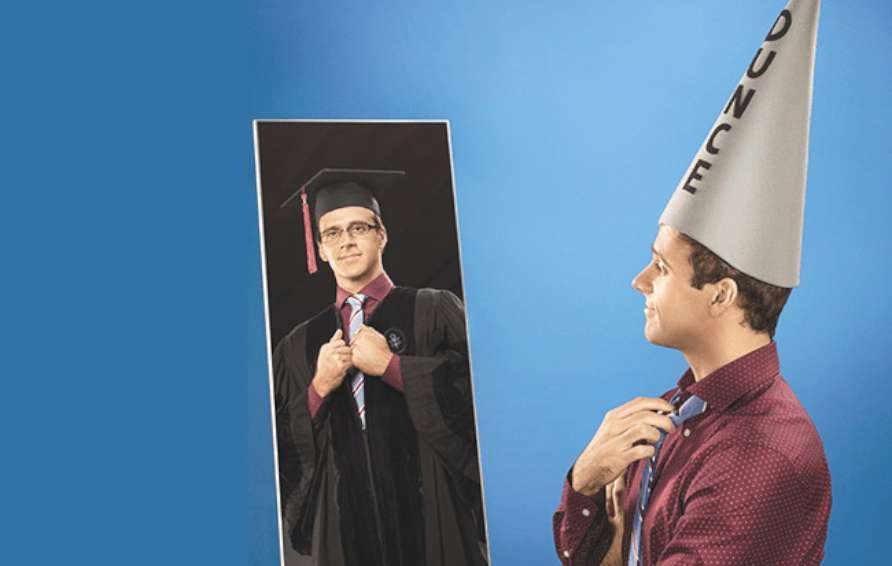In July of 2020, I was heartened by an interview by Freddie Sayers on Unherd with Anders Tegnell, the architect of Sweden’s COVID response. The interview was full of nuanced and common-sense statements by Tegnell. For example, he pointed out the lack of evidence and precedence for draconian lockdowns and their potential for enormous collateral harm:
“Of course we are trying to keep the mortality rates as low as possible, but at the same time we have to look at the draconian measures you are talking about. Are they going to produce even more deaths by other means than the disease itself? Somehow we need to have the discussion of what we are actually trying to achieve. Is it better for public health as a whole? Or is it trying to suppress Covid-19 as much as possible? Because getting rid of it I don’t think is going to happen: it happened for a short time in New Zealand and maybe Iceland and those kind of countries might be able to keep it away, but with the global world we have today, keeping a disease like this away has never been possible in the past and it would be even more surprising if it were possible in the future.”
Even more impressive was Tegnell’s humility. Several times during the interview he said “we don’t know,” and he qualified many of his answers with uncertain terms such as “seems” and “might.” I thought that was exactly what experts should have been doing all along, communicating nuance and even uncertainty to a terrified public. Either that wasn’t happening at all, or the media was filtering out all the nuance and uncertainty any expert might offer and just went with certain doom.
I texted a link to the interview to my sister, who I describe in my book Fear of a Microbial Planet as a germophobe. She was obviously worried about contracting the virus early on, but recently had been showing some healthy skepticism about the doom and gloom she was seeing on the news. Interestingly, she responded with “The only thing I don’t like, but it is the truth, is that he keeps saying ‘we don’t know.’ That is what scares me, is the ‘don’t know’ part of any of it.” The humility and uncertainty on display in the interview had given me comfort, but for my sister, it had the opposite effect.
The more I thought about it, the more I realized that I was the outlier. Most people don’t want nuance and uncertainty when they are scared. They want to know that there are experts that know everything that is going to happen and how to stop it. They want to know that all risk of disease and death can be eliminated with simple and sustainable countermeasures, and they are quite willing to trade away many of their freedoms, even for an illusion of control. Many experts and the media that promote them are perfectly happy to sell that illusion when the public is frantically buying.
Because experts failed so miserably to live up to the public and media’s magical thinking the last three years, the word “expert” has lost a lot of its meaning, and that’s not necessarily a bad thing. Experts are terrible at predictions and don’t have much knowledge outside of their often narrow fields of interest. In a very complex situation such as a pandemic, there will not be any one person who has a deep understanding of what’s happening at any given moment, much less the ability to predict what will happen next. It’s like asking the CEO of a car manufacturer to build a car by himself from scratch—it’s nearly impossible because it requires the coordinated efforts of hundreds of people specializing in the construction of each part and assembly of the finished product. Not even a...
Read More HERE


No comments:
Post a Comment